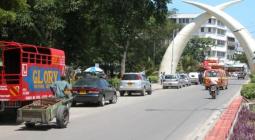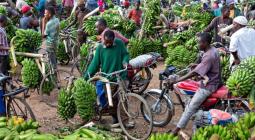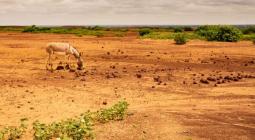MALAWI: The World Bank grants $420 million to strengthen climate resilience
Although Malawi has not received direct financial support from the World Bank for several years for political reasons, the group has announced a package worth $420 million. This should enable the East African country to rebuild after a series of natural disasters.
In response to the 19 major floods and eight prolonged droughts experienced by Malawi since 1970, the World Bank is providing a financial response focused on economic and climate resilience. The International Development Association (IDA) recently granted the Malawian government $420 million to rebuild infrastructure and rehabilitate the natural heritage decimated by these climatic hazards.
The initiative aims to “protect thousands of people from exposure to water-related climate shocks, by developing more solid infrastructure, better disaster risk management and social protection systems. Our approach to resilience also involves ensuring a swift and sustainable recovery from such weather-related events”, explains Hugh Riddell, the World Bank’s Country Director.
The $420 million will be used to implement the Regional Climate Resilience Programme for Eastern and Southern Africa (RCRP). This includes sustainable management of the Shire river basin. This is one of the main sources of water supply for Malawi and neighbouring states. The other part of the support from the Bretton Woods institution will be used to set up early warning systems and share information between Malawi, Mozambique, the Comoros and Madagascar.
These four East African countries have in common Cyclone Freddy, which wiped out everything in its three paths (between 2022 and 2023), including buildings and livestock. They also have Tropical Storm Gombe, which caused the mass displacement of animals in Liwonde National Park, and Cyclone Idai, whose 200 km/h winds killed at least 60 Malawians in 2021. Other development partners supporting reconstruction initiatives include the African Development Bank (AfDB). The group has set up a $100 million Emergency Recovery Fund for the entire sub-region.
Cover photo: by AFRIK21





